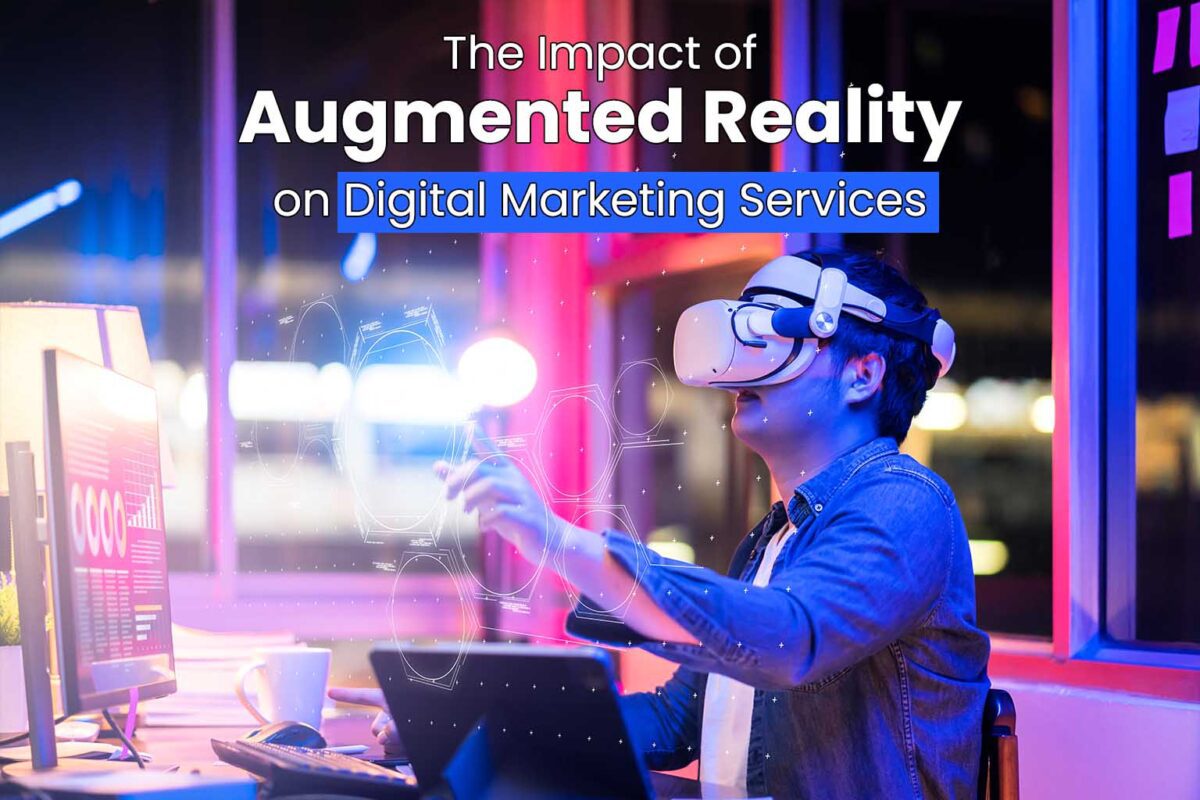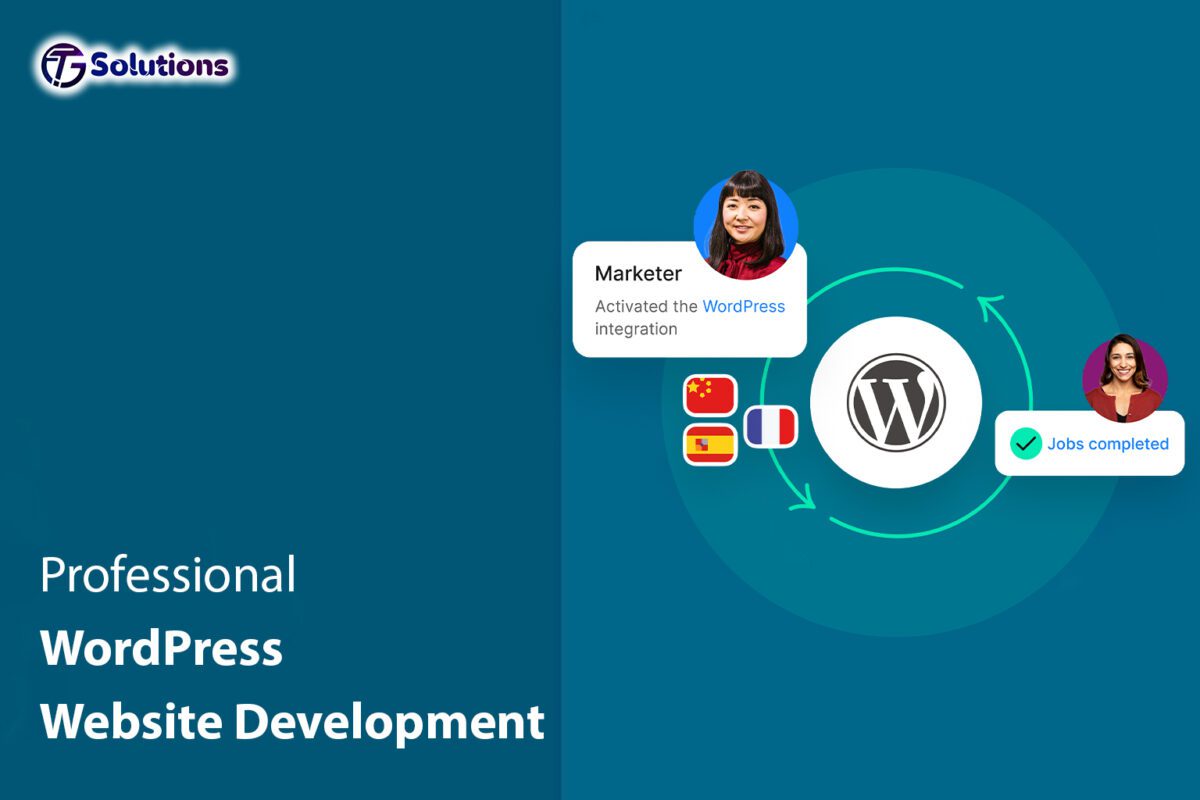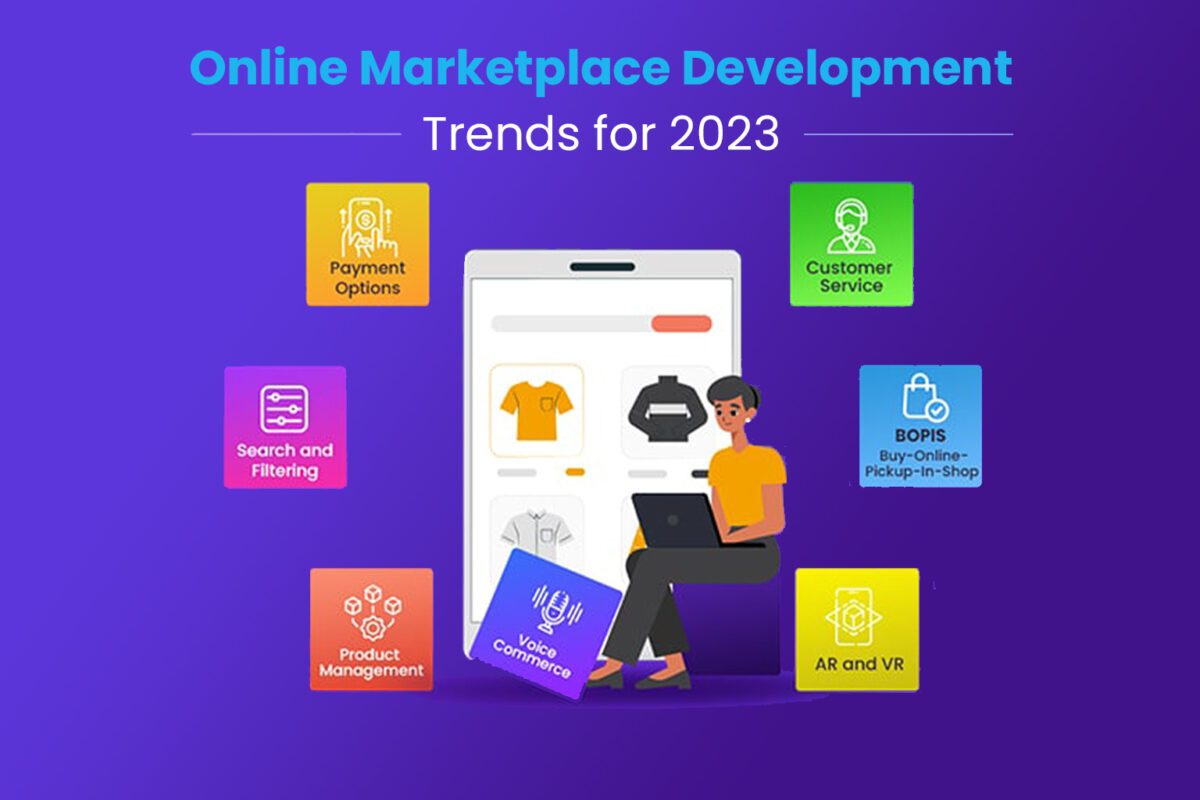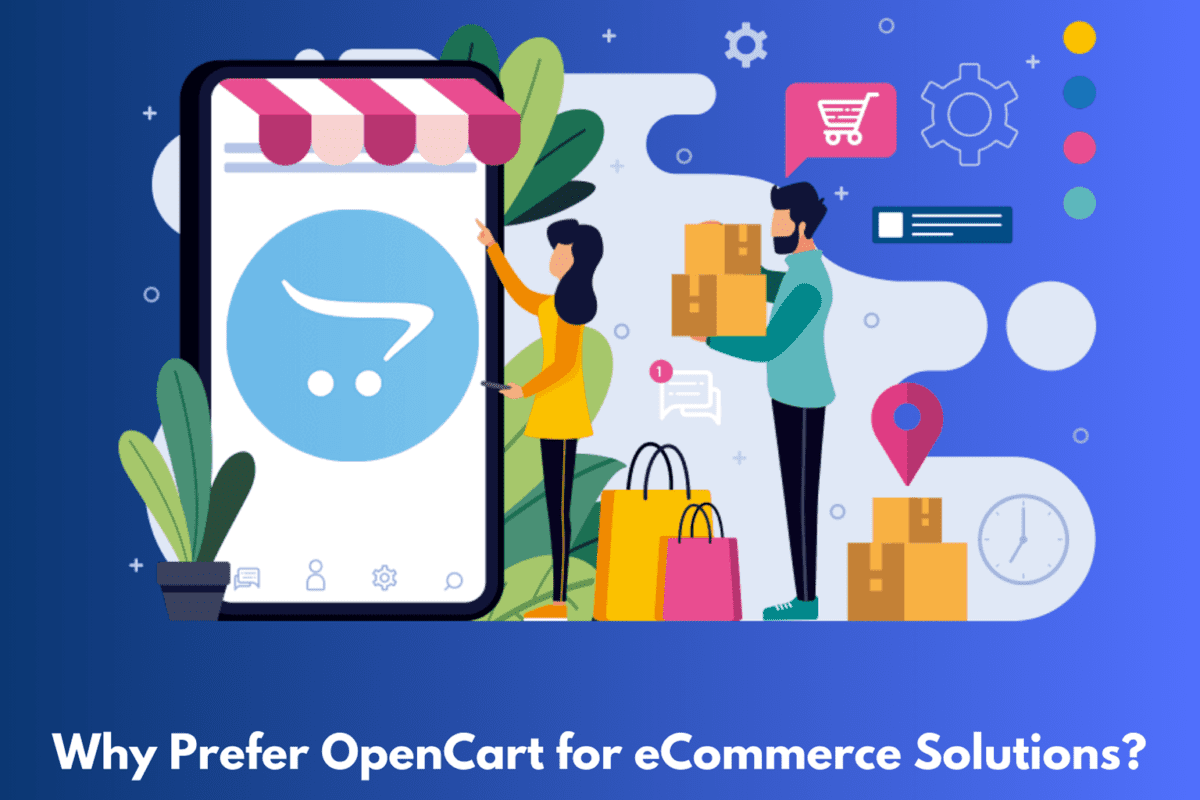People now view artificial intelligence as the game-changing technology of the future, and for good reason. It has been applied in a number of fields to improve output quality and facilitate human connection. Chatbots are a revolutionary technology that are used in customer service operations by many businesses. This is simply a minor application of its utilization. Numerous success stories have been shaped by artificial intelligence, particularly in the fields of advanced computing, healthcare, cyber security, retail, manufacturing and supply chain, finance, marketing, and advertising. By 2030, Oxford Insights projects that it will reach $15 trillion. Leading providers of digital marketing services believe that this technology will play a major role in shaping client experiences in the future.
It has been noted that businesses using artificial intelligence have increased productivity and better decision-making. Given the pervasiveness of technology in our lives, it is important to consider how it might enhance brand equity. Stated differently, artificial intelligence can assist businesses in building their brand equity by optimizing customer journeys or creating highly customized experiences. But first, let’s discuss brand equity and how using AI may affect it. In addition, you may read our blog post on utilizing augmented reality in digital marketing services to learn more about utilizing technology for marketing.
Brand Equity: What Is It?
It is the value that is added to a business, product, or service beyond its functional aspects, based on the opinions of its customers. The way a brand is seen, recognized, and differentiated from rivals within its industry is the outcome of the interplay between multiple unique factors. Consistent branding efforts, satisfying customer experiences, and successful marketing tactics can gradually increase brand equity, an intangible asset. It is essential for shaping consumer behavior, building brand loyalty, and eventually propelling corporate expansion. A company’s financial success can also be impacted by brand equity since it can increase market share and open up prospects for premium pricing. It makes sense that one of the main objectives of any leading digital marketing agency is to develop and strengthen brand equity.
What Role Can AI Play in Helping Companies Build Stronger Brands?
Building and strengthening brand equity is essential for businesses in today’s fast-paced commercial environment. In this case, artificial intelligence, or AI, which is permeating numerous industries, can assist businesses in providing clients with more better, customized experiences. This has the potential to greatly increase client happiness and, in turn, create loyalty. Let’s examine how artificial intelligence is changing the world of branding.
1. Tailored Client Experiences
Large volumes of consumer data are analysed by AI-powered algorithms to provide insights on unique tastes and habits. Businesses can develop highly personalized client experiences by utilizing this data. Customization strengthens the emotional bond between the brand and the customer, which boosts loyalty and customer happiness. Long-term brand equity is increased when customers perceive a brand as being understood and valuable.
2. Improved Client Assistance
Artificial intelligence (AI)-powered chatbots and virtual assistants are getting better at comprehending and answering client inquiries. Instantaneous, precise, and customized solutions are provided by these AI-driven interactions, increasing overall client satisfaction. Since they demonstrate the business’s dedication to providing support and care for its customers, positive customer service experiences have a substantial positive impact on brand equity. For additional information on how speech technology facilitates communication between brands and consumers.
3. Making Decisions Based on Data
Large datasets are analyzed by AI algorithms to find patterns and trends that human analysts might miss. These insights enable businesses to make data-driven decisions that guarantee their plans meet the needs of the market and the preferences of their customers. Well-informed choices result in more appropriate goods, services, and advertising initiatives. They may have a favorable effect on brand equity and boost the brand’s positioning in the marketplace.
4. Analytical Forecasting

Artificial intelligence (AI)-powered predictive analytics helps companies correctly predict future consumer behavior and market trends. Businesses can proactively modify their tactics and services to stay ahead of the competition by anticipating consumer requests and preferences. Companies with a strong sense of foresight and flexibility are seen as leaders in their sector, which enhances brand equity. AI technology, for example, can assist in achieving the same goal. You can read our blog post about using AI in e-commerce here.
5. Content Development and Promotion
Content marketing firms use AI tools to provide relevant and interesting content for marketing. AI-driven solutions simplify the process of creating content, from creating captivating writing to creating aesthetically pleasing images. Brands may effectively connect with their target audience by keeping a continuous and superior online presence. Effective content builds brand authority and credibility, which benefits brand equity.
6. Sentiment Analysis of Brands
Artificial intelligence (AI)-powered sentiment analysis tools can sift through enormous amounts of web data to find out what the public thinks of a specific company. By understanding how their audience perceives their brand, businesses can promptly address negative sentiment and reinforce positive feedback. Monitoring brand sentiment helps maintain a positive brand perception and even help build and protect brand equity.
7. Innovation in Products
Since artificial intelligence (AI) analyzes feedback data, consumer preferences, and market trends, it is crucial to the development of new products. By understanding the needs and desires of their customers, businesses can successfully satisfy their demands with innovative products. Successful product innovations boost a brand’s equity and reputation because customers associate that brand with cutting-edge solutions.
In conclusion
Artificial intelligence is unquestionably altering how businesses operate and engage with their customers. Digital marketing services can accomplish a variety of goals by utilizing AI. These include, but are not limited to, tailored experiences, improved customer service, data-driven decision-making, forecasting market trends, producing captivating content, analyzing brand sentiment, and innovative product development. These advancements not only improve customer satisfaction but also significantly boost brand equity.
Businesses aiming to establish a strong brand in the competitive market of today will need to employ AI technology more and more. They might be able to strengthen their brand equity and future-proof their business practices in the rapidly changing digital marketplace by incorporating AI into their plan. Above all, they must optimize AI’s impact on brand equity by making full use of it.
















